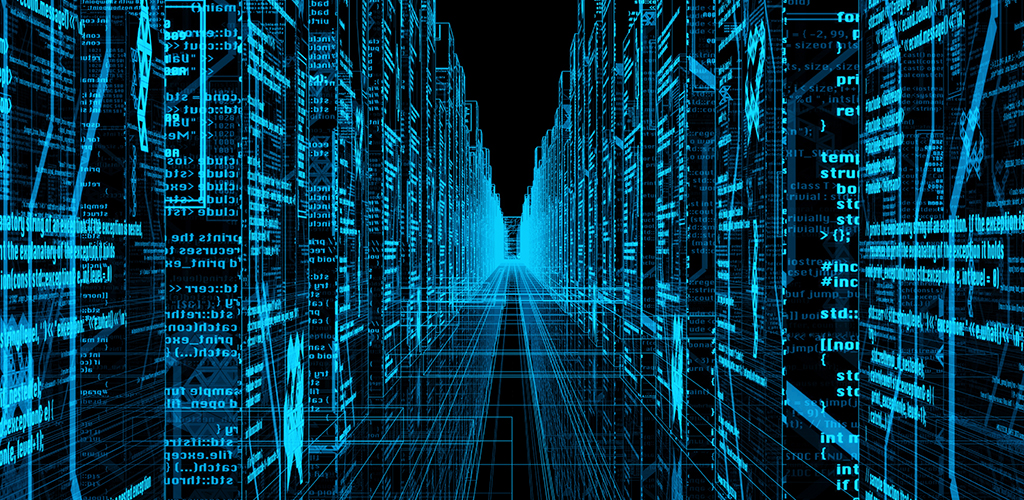advertisement
IoT, AI and Big Data still remain key trends in the ICT Industry, reveals ITU
Internet of Things, big data analytics, cloud computing and artificial intelligence will enable tremendous innovations and fundamentally transform business, government…

Internet of Things, big data analytics, cloud computing and artificial intelligence will enable tremendous innovations and fundamentally transform business, government and society – ultimately serving to improve livelihoods around the globe.
This is according to The ninth edition of the annual Measuring the Information Society Report released yesterday by the International Telecommunication Union (ITU) – the United Nations Specialized agency for information and communication technology (ICT).
The Measuring the Information Society Report (MIS) is an ITU flagship publication widely recognized as the repository of the world’s most reliable and impartial global data and analysis on the state of global ICT development. It is extensively relied upon by governments, international organizations, development banks and private sector analysts and investors worldwide.
advertisement
“This revolution will unfold,” the report states, “over the coming decades with opportunities, challenges, and implications that are not yet fully known. To harness these benefits, countries will need to create conditions supportive to the deployment of next-generation network and service infrastructures. They will also have to adopt policies that are conducive to experimentation and innovation, while mitigating potential risks to information security, privacy, and employment.”
“This year’s report shows that ICTs have the potential to make the world a better place and contribute immensely to the attainment of the Sustainable Development Goals. “However, despite the overall progress achieved, the digital divide remains a challenge which needs to be addressed. This is important because ICT and the digital economy have the potential to transform the lives of billions of men, women and children. The digital revolution can transform nations but only if digital resources are accessible.”
Houlin Zhao, ITU Secretary-General.
On the Internet of Things, the report showed that IoT will greatly expand the digital footprint. In addition to connecting people, organizations and information resources, it will also connect objects equipped with digital information and with sensing, processing and communication capabilities. This ubiquitous infrastructure will generate abundant data that can be utilized to achieve efficiency gains in the production and distribution of goods and services, and to improve human life in innovative ways.
Big data analytics will extract useful knowledge from this flow of digital information. It will drive better understanding and predictions of ICT developments, as well as improved management and policy decisions. Making sense of proliferating information requires a workforce with appropriate analytical, computational, methodological skills and a high-capacity ICT infrastructure.
advertisement
Cloud and other architectures will likely lower the entry barriers to scalable computing resources. They are starting to deliver flexible and on-demand computational services over the Internet, lowering the fixed-cost of ICT infrastructure, to the benefit of small- and medium-sized organizations. Realizing their full potential will depend on the availability of reliable fixed and mobile broadband connectivity.
Artificial intelligence will aid humans to make better decisions. In order to achieve this goal, each algorithm needs to be tailored carefully to existing data and the objectives pursued. This requires considerable human expertise in machine learning and large datasets to train algorithms.
Inclisive Global Information Society
advertisement
“It is my hope that this report will be of great value to the ITU membership, particularly for policy-makers, the ICT industry and others working towards the building of an inclusive global information society,” said Brahima Sanou, Director of ITU’s Telecommunication Development Bureau, which produces the report each year.
“Fully harnessing the economic and social benefits of the digital revolution requires efficient and affordable physical infrastructures and services, more advanced user skills, and internationally comparable benchmarks and indicators to support enabling public policies,” said Sanou.
All of these advanced ICTs contribute to realizing the critically important United Nations Sustainable Development Goals (SGDs). Promising applications already exist in areas such as manufacturing, precision agriculture, government, education, health care, smart cities and smart transportation. As part of broader initiatives, ICTs can contribute to achieving each of the 17 SDGs.
The report also factored in the aspect of harnessing the benefits of advanced ICTs which requires appropriate infrastructures, services and skills. Networks will have to support diverse quality-of-service demands from applications and users while delivering robust and ubiquitous connectivity.
This will require the roll-out of wireless Internet of Things platforms, and relying on network virtualization and improved fiber connectivity. Moreover, it will require the development of advanced ICT skills among users.
Entrepreneurial Experiments
Advanced ICTs will raise important concerns over next-generation digital divides. Network operators and users will have to adapt their business models to take advantage of the opportunities of the digital transformation. Thus, policy makers and regulators are called upon to create conditions facilitating entrepreneurial experiments and innovation.
Policy will also have to mitigate challenges to information security, privacy, employment and income inequality. Specific local and national needs also need to be taken into account. In many parts of the digital economy, low entry barriers can empower local entrepreneurs to develop innovative business models adapted to local conditions. It will be important to facilitate the development of culturally sensitive human-centered algorithms and applications.
Reliable and meaningful measurements of the deployment and use of advanced ICTs are critical. Fully harnessing the potential benefits of this progress requires reliable and meaningful metrics that go beyond existing data. This will require strong efforts of collaboration among various stakeholders and the development of new approaches to harvest information directly from digital infrastructures and applications.